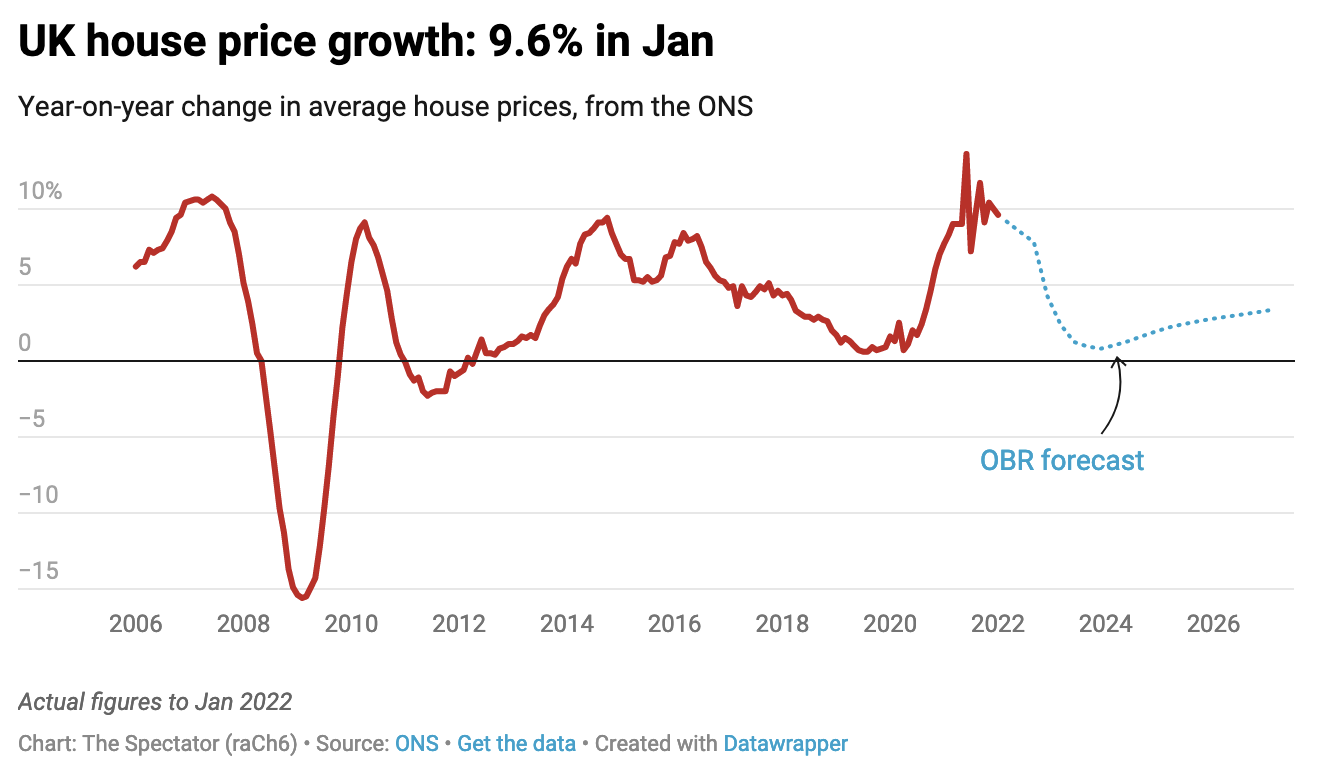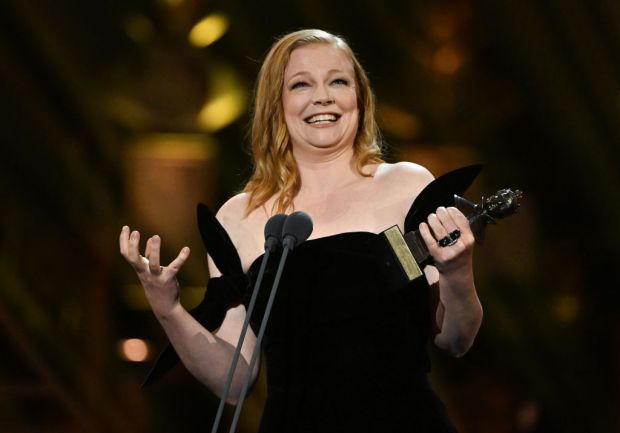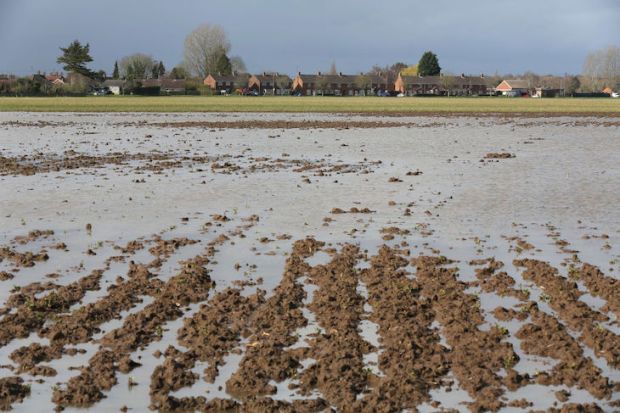There are so many house indices that they can create confusion. Last week, the Halifax house price index showed a small monthly fall. This week the government’s own index, the HPI, shows that prices rose by 7.8 per cent in the year to June, down from 12.8 per cent in the year to May. That suggests a slowing market, but then that is hardly surprising. June 2021 marked the end of Rishi Sunak’s stamp duty holiday, which created a rush of completions as buyers sought to avoid a bill of thousands of pounds. This month’s HPI marks the first time that bulge in sales has dropped out of the annual figures.

The HPI is a bit backward-looking – it is based on completed sales, derived from land registry data. The Halifax and Nationwide indices, by comparison, are based on data from mortgage approvals, and so are a more up-to-date snapshot of the housing market. However, the government’s HPI is more comprehensive, being based on data from every completed sale in the country rather than just mortgage approvals from one lender.
The HPI tells us things that the others can’t, such as the number of repossessions. In April this year, for example, it reveals that there were just 37 sales of properties which had been repossessed. That is a remarkably small number – although as interest rates rise and buyers come off fixed rate deals we can expect that figure to rise markedly in coming months.
The HPI also includes data on the volume of house sales. If you are looking for guidance as to the future direction of house prices, here is one statistic to consider: in April there were 39,289 property sales in England. This is down markedly from April 2021 when 73,773 properties were sold. It is also significantly down on the years immediately prior to the pandemic: in April 2019 there were 60,107 sales and April 2018 58,939 sales. This ought to be a warning sign. In a property boom you don’t just see prices rise, you see volumes of sales surge, too. If sales have collapsed by a third relative to the normal levels of recent years it suggests something has changed markedly in the housing market. One of the factors is likely to be a fall in interest from buy-to-let investors who, anecdotally at least, seem to have lost much of their interest in the accumulating properties. Changes to the taxation of rental properties may have a lot to do with this.
At present, prices are not collapsing in spite of a collapse in sales volumes – there are relatively few properties coming onto the market. But that could change rapidly as mortgage rates rise and many property owners find themselves struggling to afford repayments. Property prices may seem to be rising at a fair rate now (although 7.8 per cent is lower than inflation, meaning that homes have fallen in price in real terms), but falling sales volumes point to a market that is very much on the turn.
Got something to add? Join the discussion and comment below.
Get 10 issues for just $10
Subscribe to The Spectator Australia today for the next 10 magazine issues, plus full online access, for just $10.




















Comments
Don't miss out
Join the conversation with other Spectator Australia readers. Subscribe to leave a comment.
SUBSCRIBEAlready a subscriber? Log in